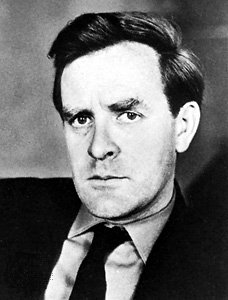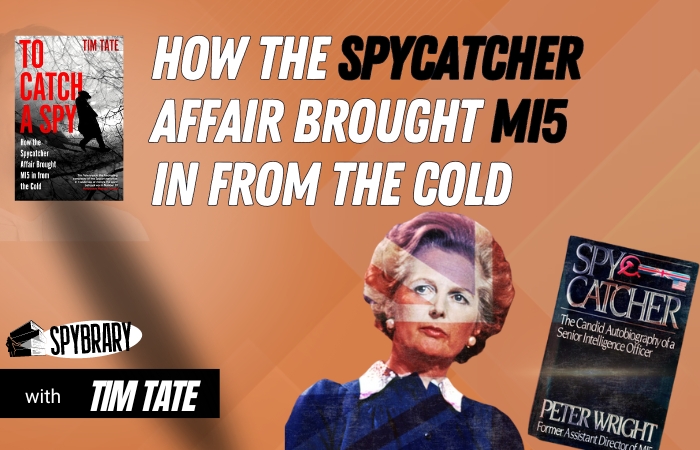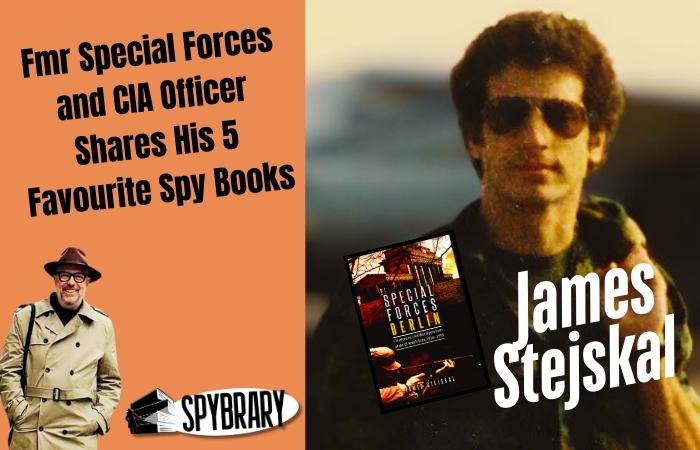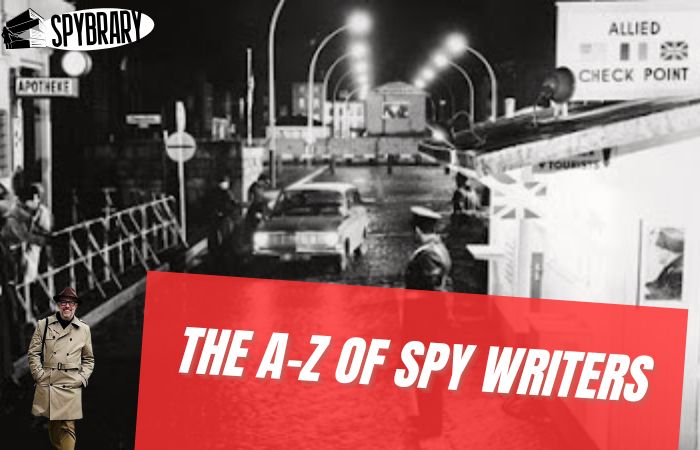
Introduction to John le Carré spy novels
John le Carré is synonymous with the evolution of modern spy fiction. Born David Cornwell, this former British intelligence officer turned author brought unparalleled depth, realism, and moral complexity to the genre. John Le Carré’ spy novels, often set against the backdrop of the Cold War, explore betrayal, loyalty, and the ethical gray areas of espionage, offering a sharp critique of the institutions and ideologies driving global conflicts. His works remain essential reading for those seeking both suspense and a cerebral spy thriller.
‘My view is that John Le Carré is not just the greatest spy writer of all time, but one of the most significant English novelists in the second half of the 20th century and one of the very best prose stylists to boot.'
Tim Shipman
The Ultimate Guide to the Best Spy Writers
Key Novels by John le Carré
John le Carré spy novels spans decades and offers some of the most iconic characters and narratives in spy fiction. Below is a guide to his most celebrated novels:
The George Smiley Novels
Le Carré’s most enduring character, George Smiley, epitomizes the quiet, analytical intelligence officer grappling with personal and professional betrayals.
- Call for the Dead (1961)
- Le Carré’s debut introduces Smiley in a murder investigation involving espionage and betrayal.
- Le Carré’s debut introduces Smiley in a murder investigation involving espionage and betrayal.
- A Murder of Quality (1962)
- Smiley steps into the world of an English boarding school to solve a murder with social and political undertones.
- Smiley steps into the world of an English boarding school to solve a murder with social and political undertones.
- The Spy Who Came in from the Cold (1963)
- This groundbreaking novel follows Alec Leamas, a disillusioned spy, in a morally ambiguous mission.
Themes: Betrayal, deception, and the human cost of espionage.
- This groundbreaking novel follows Alec Leamas, a disillusioned spy, in a morally ambiguous mission.
- Tinker, Tailor, Soldier, Spy (1974)
- Smiley is tasked with uncovering a Soviet mole within British intelligence.
Themes: Loyalty, betrayal, and institutional decay.
- Smiley is tasked with uncovering a Soviet mole within British intelligence.
- The Honourable Schoolboy (1977)
- Smiley oversees an operation in Southeast Asia amidst Cold War tensions.
Themes: Post-colonial politics and the personal cost of espionage.
- Smiley oversees an operation in Southeast Asia amidst Cold War tensions.
- Smiley’s People (1979)
- Smiley faces off against his nemesis, Karla, in a gripping final confrontation.
Themes: Revenge, resolution, and the weight of loyalty.
- Smiley faces off against his nemesis, Karla, in a gripping final confrontation.
- The Secret Pilgrim (1990)
- A Legacy Of Spies (2017)
Standalone John le Carré Novels
- The Looking Glass War (1965): A bleak exploration of amateurism in espionage during the Cold War.
- A Perfect Spy (1986): A semi-autobiographical masterpiece about a British agent's complicated loyalties.
- The Night Manager (1993): A gripping tale of arms smuggling and corruption, later adapted into a critically acclaimed miniseries.
- The Constant Gardener (2001): A powerful critique of pharmaceutical corruption in Africa, blending espionage with human rights activism.
- A Most Wanted Man (2008): A post-9/11 thriller exploring the moral compromises in the war on terror.
- Agent Running in the Field (2019): Le Carré’s final novel, addressing Brexit and contemporary political tensions through the lens of espionage.
Key Themes in John le Carré Spy Novels
- Betrayal and Loyalty:
- Le Carré’s characters often grapple with fractured loyalties, whether to nations, institutions, ideologies or personal relationships.
- Moral Ambiguity:
- His novels reject the simplistic good-versus-evil narrative, delving into the gray areas of espionage.
- Institutional Critique:
- Le Carré often critiques intelligence agencies as morally bankrupt, bureaucratic, and self-serving.
- The Human Cost of Espionage:
- Emotional isolation, betrayal, and personal sacrifice are recurring themes, particularly for George Smiley.
- Realism:
- Drawing from his own experience in British intelligence, Le Carré’s novels emphasize the mundane, often unglamorous reality of spy work.
John le Carré’s Legacy
- Cultural Impact: Le Carré’s works transcended the spy genre, earning recognition as literary masterpieces.
- Film and TV Adaptations: Iconic adaptations include Tinker, Tailor, Soldier, Spy TV Series 1979, Tinker Tailor Soldier Spy starring Gary Oldman (2011), The Night Manager (2016), and The Constant Gardener (2005).
- Influence on the Genre: Le Carré inspired a new generation of serious spy fiction authors such as Charles Cumming, Mick Herron and Paul Vidich by focusing on psychological depth and realism.
Why Read John le Carré’s Spy Fiction?
John le Carré’s novels offer a rare combination of suspense, literary craftsmanship, and profound insight into the human condition. His works are essential for anyone who values character-driven stories that challenge the moral certainties of espionage.
Where to Start?
New to John le Carré? Start with The Spy Who Came in from the Cold for a concise introduction to his themes or Call for the Dead to dive into the complex world of George Smiley.
‘He is not for everyone. If you want constant gun battles, look elsewhere. But those who say he can’t and doesn’t write action, have not read the latter part of The Honourable Schoolboy..‘
Tim Shipman
Guide to the Best Spy Writers
Explore More
- The Official John le Carré Website
- Every John le Carré Novel Ranked by Tim Shipman for Spybrary
- Spybrary John le Carré Podcast Episodes
- The Le Carré Cast
Check out Tim Shipman's Guide to the Best Spy Authors
Join the Spy Books Community Discussion
Spybrary is more than just a spy podcast; it's a place to chat with fellow spy book and spy film fans from around the world. We encourage you to share your views on each spy book/movie, engage in discussion with fellow fans, and immerse yourself in the captivating world of spy fiction, spy fact and spy films.










